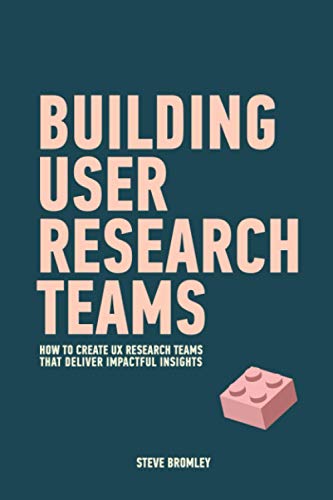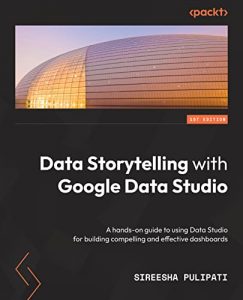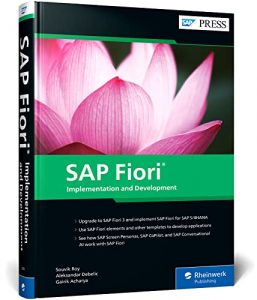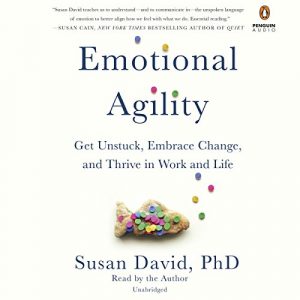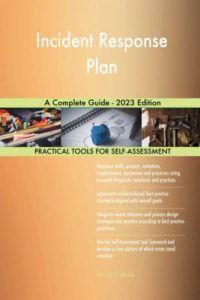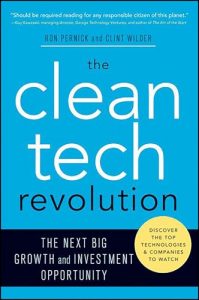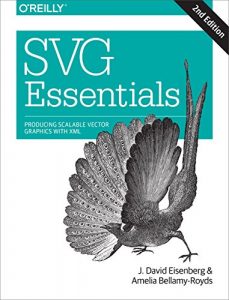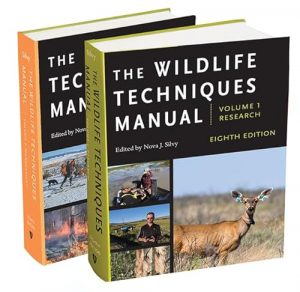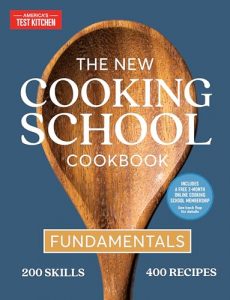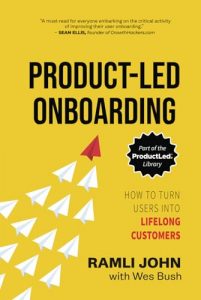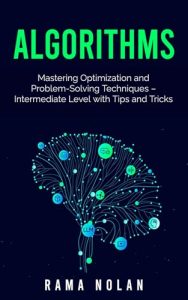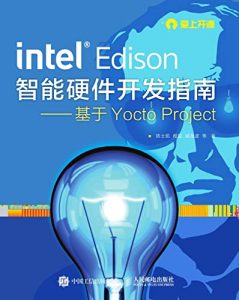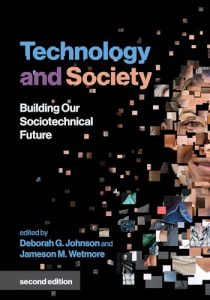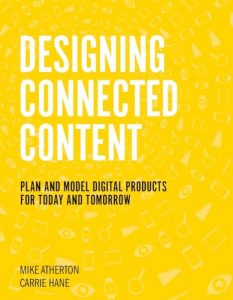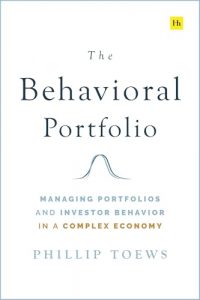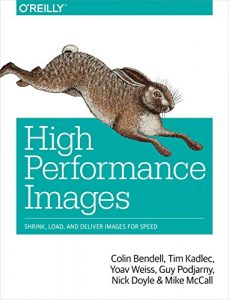Building User Research Teams: How to create UX research teams that deliver impactful insights
Anyone looking to establish a thriving UX research team must put “Building User Research Teams” by Steve Bromley on their reading list. This insightful book sheds light on the critical elements required to build a team that not only gathers user insights but translates them into actionable strategies. Bromley expertly intertwines his real-world experiences with practical frameworks, making this book an exceptional guide for both novices and experienced professionals. Team dynamics, stakeholder engagement, and creating a culture of continuous learning are just a few of the essential topics discussed. It’s a must-read for anyone passionate about enhancing user experience through solid research practices.

Games User Research
For those in the gaming industry, “Games User Research” is an invaluable resource. Authored by Anders Drachen, Pejman Mirza-Babaei, and Lennart Nacke, this extensive guide explores the unique challenges and methodologies involved in user research for games. It emphasizes how understanding user behaviors and preferences can lead to better game design and enhanced player experiences. Key insights into playtesting, user engagement, and data analysis strategies are expertly conveyed. This book not only caters to game developers but also to UX researchers looking to specialize in this niche, making it essential reading for anyone in the gaming sector.

It’s Our Research: Getting Stakeholder Buy-in for User Experience Research Projects
Tomer Sharon’s “It’s Our Research” is an enlightening read that provides strategies for gaining stakeholder buy-in for user experience research projects. Sharon utilizes relatable anecdotes to explain how to effectively present research findings and advocate for UX strategies that benefit both users and the organization. This book is perfect for researchers who often face skepticism from stakeholders or those who struggle to get their insights heard. By providing clear methods for communication and collaboration, Sharon equips UX professionals with tools to drive impactful change in their organizations.

Doorbells, Danger, and Dead Batteries: User Research War Stories
Steve Portigal’s “Doorbells, Danger, and Dead Batteries” offers a captivating collection of user research stories drawn from the author’s diverse experiences. Each chapter reveals the challenges and unexpected revelations that arise during the research process and serves as a reminder that creativity often flourishes amidst chaos. Portigal’s engaging storytelling makes complex insights accessible through humor and relatability. This book not only entertains but also educates readers on the unpredictable nature of user research and the resilience required to navigate it effectively. It’s a must-read for anyone engaged in researching or designing products with real-world implications.

Research That Scales: The Research Operations Handbook
The upcoming release of “Research That Scales” by Kate Towsey and Elizabeth Churchill is set to become an authoritative handbook for scaling research operations within organizations. This comprehensive guide delves into the frameworks and methodologies that make it possible to conduct impactful user research at scale. With a focus on practical applications, Towsey and Churchill address the common pitfalls researchers face in fast-paced environments. It’s highly relevant for research teams looking to enhance efficiency and maximize the impact of their findings. The structured insights provided in this handbook will benefit both established teams and organizations just starting their research journey.

User Research with Kids: How to Effectively Conduct Research with Participants Aged 3-16
Thomas Visby Snitker’s “User Research with Kids” addresses the unique considerations and techniques involved in conducting user research with children. As the digital landscape increasingly caters to younger audiences, understanding how children interact with technology is crucial. This book provides actionable advice on designing studies, obtaining parental consent, ensuring child engagement, and interpreting younger users’ feedback. The author combines research theory with practical examples, making it a foundational text for researchers looking to hone their skills in this area. This is an essential read for anyone involved in designing products tailored to kids.

Understanding Your Users: A Practical Guide to User Research Methods
Baxter, Courage, and Caine present a well-rounded exploration of user research methods in their book “Understanding Your Users”. This practical guide covers both qualitative and quantitative research approaches, empowering researchers with a range of tools to understand their users deeply. Central to the text is the idea that user-centric research is vital for creating effective products. The authors enrich their insights with case studies and real-world examples, leading to an engaging and informative read. This book is ideal for both new and seasoned professionals, offering refined techniques to elevate user experience across platforms.

Impact: A complete guide to creating a user research practice at your organization
Nikki Anderson’s “Impact” serves as an essential toolkit for organizations looking to establish impactful user research practices. The book addresses the common barriers many companies encounter when trying to integrate user research into their workflow. Anderson provides not only methodologies but also actionable insights on nurturing a research culture within organizations. By weaving in case studies and expert opinions, this guide paves the way for both budding and established researchers to elevate their practice. Whether you’re coordinating a research team or conducting independent studies, Anderson’s work provides invaluable strategies to amplify user insights.

User Research: A Practical Guide to Designing Better Products and Services
In “User Research: A Practical Guide to Designing Better Products and Services”, Stephanie Marsh outlines the compelling case for user-centric design. Her work guides professionals through the full spectrum of user research methods, emphasizing the importance of solid data in product design. With a focus on practical tools, this book offers readers straightforward solutions to overcome common research challenges. Marsh ensures that the reading experience is not only informative but also engaging, blending theory with practice seamlessly. This book is perfect for those in product management, design, or UX research who aim to enhance their products through informed decision-making.

Qualitative Research in Education: A User’s Guide
Marilyn V. Lichtman’s “Qualitative Research in Education” serves as an insightful guide for both educators and researchers. This text dives into qualitative research design, methods, and analysis, offering readers comprehensive insights on how to effectively gather and interpret data in educational settings. Lichtman’s approach emphasizes the significance of understanding the educational context and the intricacies involved in engaging with participants. Through practical examples and thoughtful analysis, this book arms educators with the tools needed to bring qualitative research principles into their work. It’s a vital resource for those looking to enhance educational outcomes through informed research practices.


